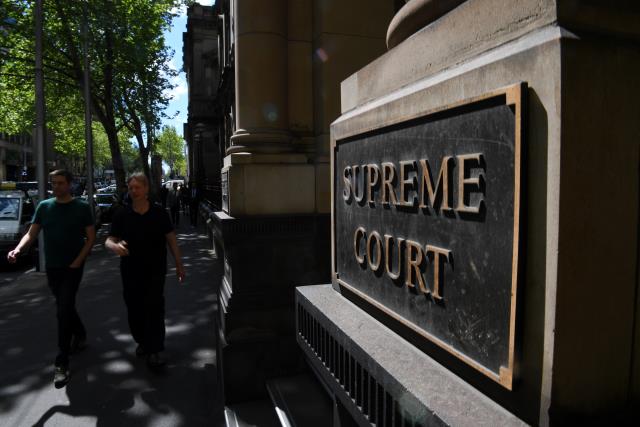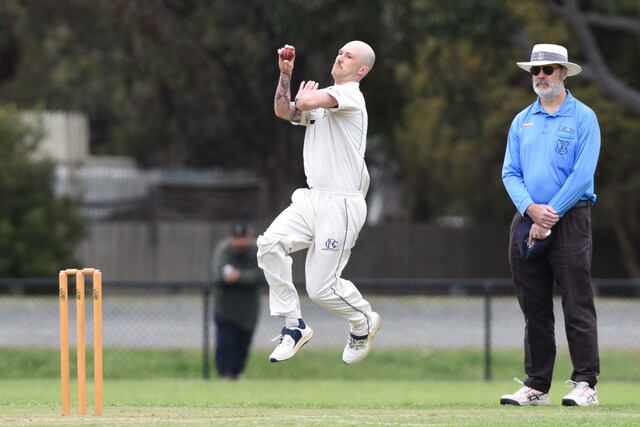Jason Langhans was trying to stop two boys from fighting at a 16th birthday party when one of them turned on him.
He was hit in the head with a screwdriver and immediately collapsed to the ground as a brawl broke out.
The 17-year-old died in hospital three weeks later.
His attacker, who cannot be named, had gate crashed the party in Tooradin that evening in March 2021.
While drinking and smoking weed at a house earlier, he had armed himself after a friend told him “there might be trouble”.
The boy, who was also aged 17, grabbed a screwdriver.
He later drove that screwdriver almost 8cm into Jason’s brain.
“I hit one guy badly,” he was heard saying after leaving the party.
Justice Elizabeth Hollingworth said Jason had no chance to defend himself when he was fatally hit by the teen, as she sentenced him on Thursday 24 August.
“You were carrying a screwdriver to a party, which you were prepared to use as a weapon if there was any trouble,” she said.
“Jason was not behaving aggressively and had no weapon, you hit him without warning.”
Jason’s supporters shouted from the Supreme Court public gallery, as they learnt the now-18-year-old killer could walk free from prison in two years.
“Please be quiet, this is not a football stadium,” Justice Hollingworth said.
“This is a courtroom if you can’t behave appropriately, leave now.”
The teen had suffered a traumatic upbringing, growing up around bombings in Afghanistan, fleeing to Pakistan, Indonesia and then arriving in Australia by boat, the judge said.
There was no food or water on the boat and his siblings became unconscious on the journey.
He felt like a prisoner in a cage as he then spent two months at a Christmas Island detention centre and four months in Australian detention camps before settling in Geelong.
Justice Hollingworth took into account the teen’s trauma, young age, early offers to plead guilty and vulnerability if he was placed in an adult prison, in deciding his sentence.
She handed him a maximum six-year sentence and he must serve at least four years before he will be eligible for parole.
He has already spent just over two years in prison.
The judge requested the parole board consider transferring him to the youth justice system until he is 21.







